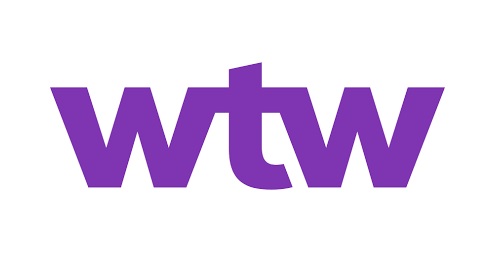In a surprising turn of events, the impact of reinsurance market dynamics on direct clients within the energy sector has not unfolded as expected, according to the latest findings in the October 2023 Energy Market Review by WTW.
 Earlier in the year, insurers were bracing themselves for the aftermath of challenging treaty renewals, anticipating increased reinsurance costs that would inevitably be passed on to direct clients.
Earlier in the year, insurers were bracing themselves for the aftermath of challenging treaty renewals, anticipating increased reinsurance costs that would inevitably be passed on to direct clients.
The market sentiment was dominated by discussions of the severity of conditions and the financial implications for insurers.
As the first quarter progressed, a divergence in reactions among different markets became apparent.
Insurers with multi-class reinsurance programs covering downstream and upstream operations, and those with whole account programs, including aviation, found themselves particularly affected.
The geopolitical uncertainties stemming from the Ukraine crisis added complexity, especially in the aviation sector due to political violence losses.
However, insurers with energy-specific treaties experienced a more lenient impact, except in the case of Gulf of Mexico Windstorm coverage, which emerged as the hardest-hit area during the 1st January treaty renewals. The increased costs were passed on to direct clients in this segment.
Despite concerns about the potential severity of reinsurance cost increases, the overall impact on treaty renewals was not as dire as initially anticipated. Many insurers, however, had to accept significantly higher retentions, impacting their financial landscapes.
Due to the timing of these renewals, accounts quoted and placed before finalising treaties missed out on potential adjustments based on the increased costs.
It is anticipated that the full market reaction to the 2023 renewals will only become apparent at the end of 2023, once underwriters assess their full-year numbers, including the impact of heightened retention levels. This may lead to a shift in rating conditions come 2024.
As discussions for the 2024 treaty renewals commence, it is expected that upstream energy portfolios will not be treated differentially.
Reinsurers may believe that concerns regarding the upstream portfolio have been adequately addressed through the adjustments in retention levels made during the previous year.
In terms of facultative reinsurance, which was initially seen as a potential solution to offset increased retention levels, the market has not seen the anticipated uptick.
The cost uplift in premiums resulting from increased reinsurance has not been passed on to direct clients, making it challenging for insurers to generate funds for facultative reinsurance.
Appetite for purchasing facultative reinsurance has, in fact, slowed down, with more deals being struck in the renewables sector, which is experiencing significant growth.
The unexpected developments in the energy reinsurance market highlight the complexity and fluidity of the industry, paving the way for potential shifts in strategies and market dynamics in the coming months.


